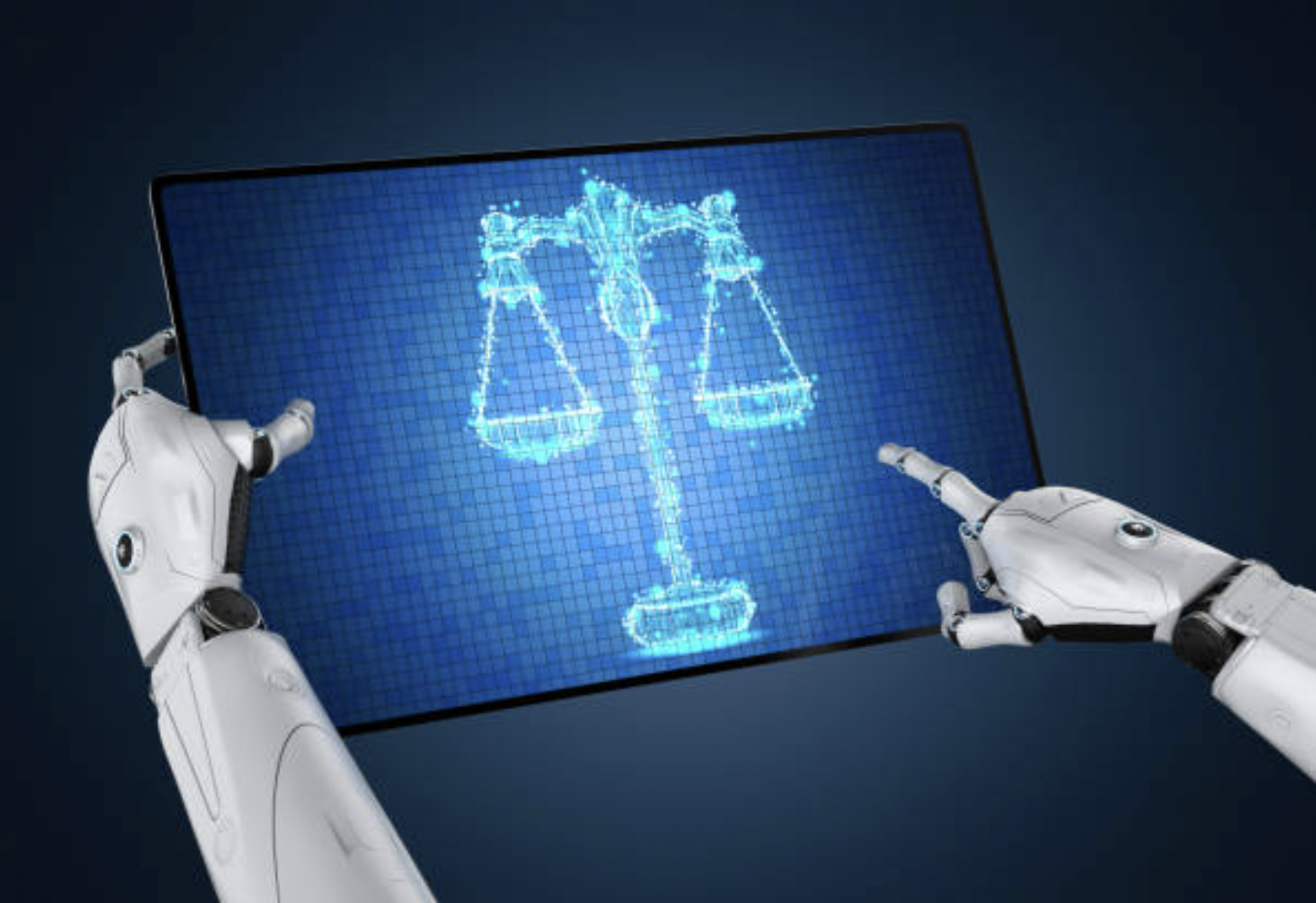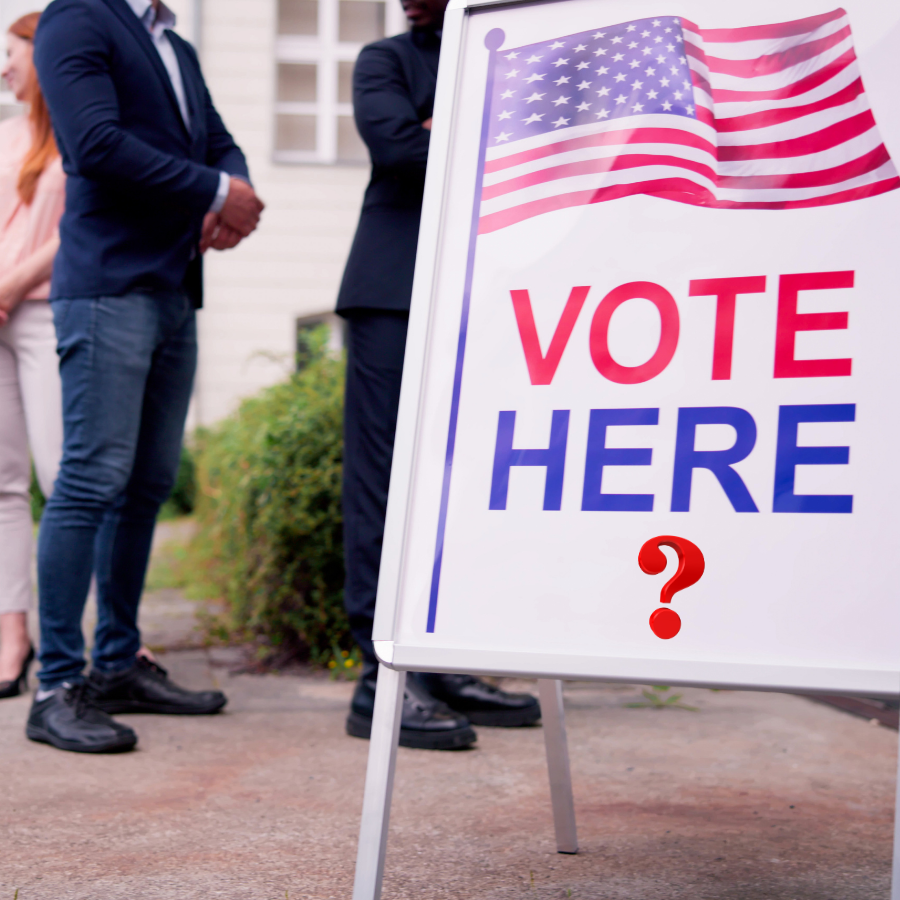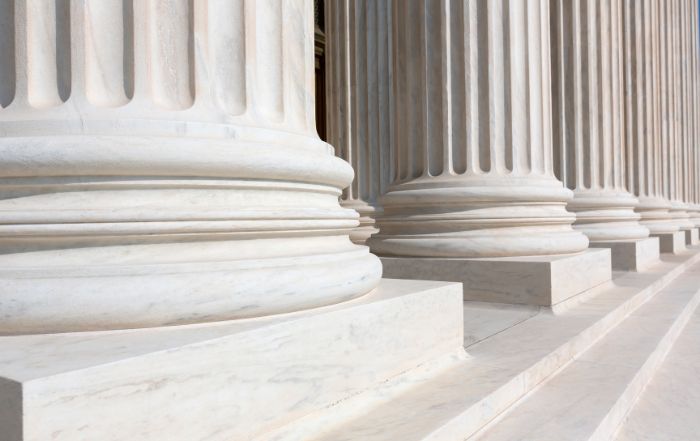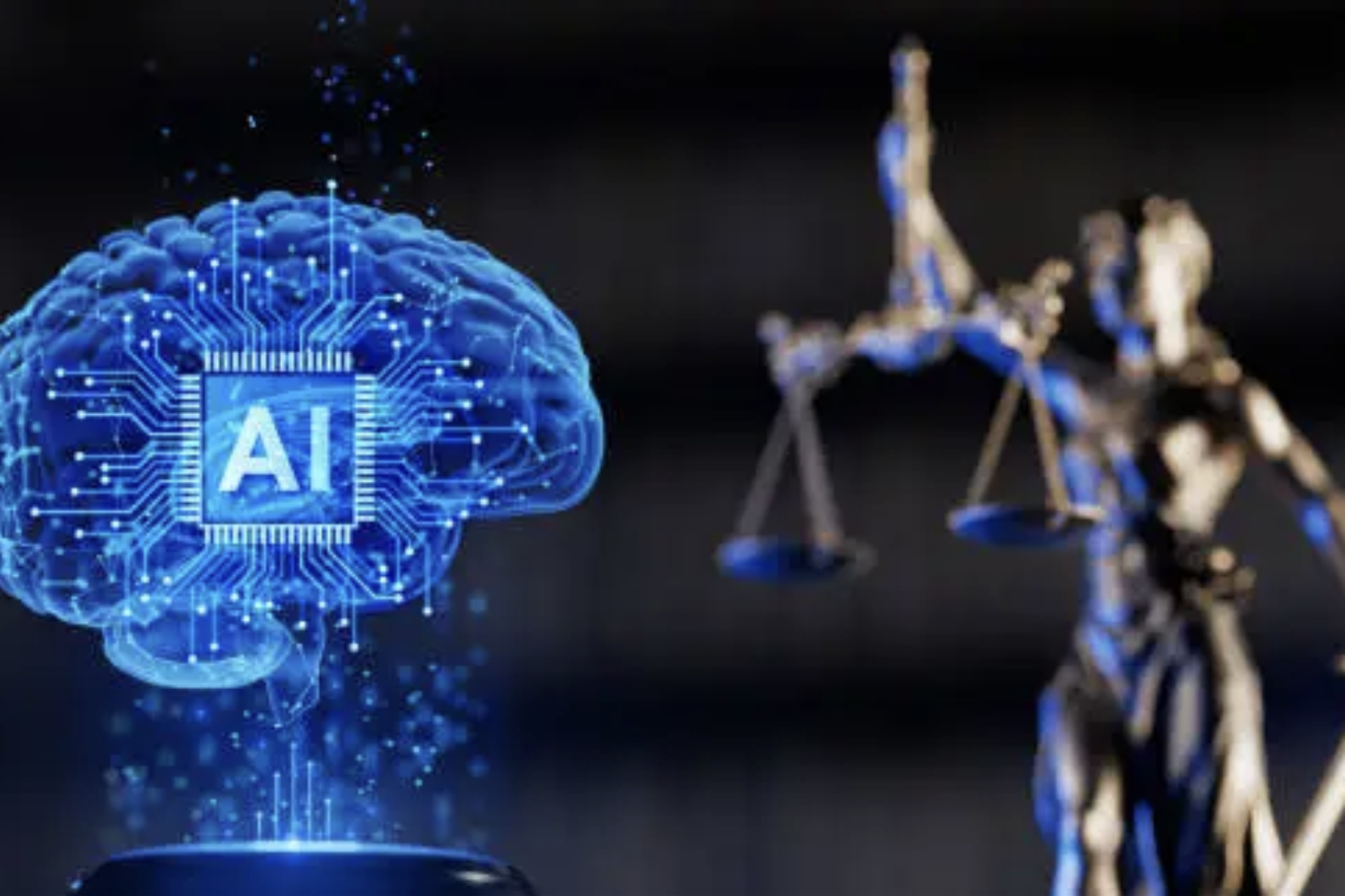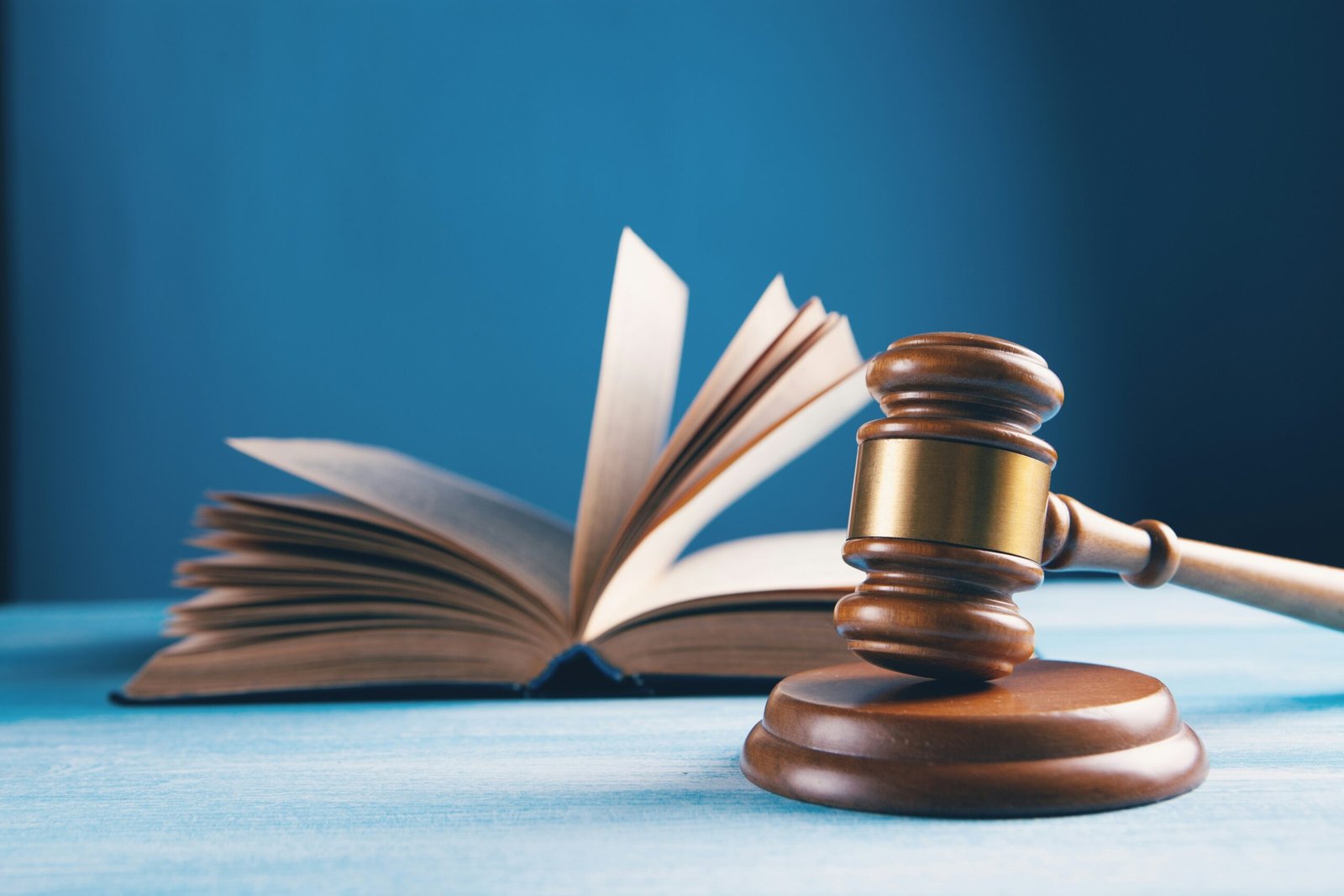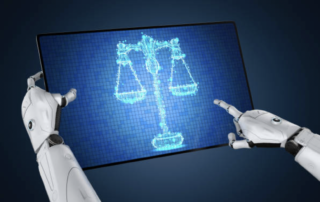Emerging Litigation Podcast
Cannabis Laws & Workplace Drug Testing: What Employers & Employees MUST Know in 2026
As cannabis laws continue to evolve nationwide, employers and employees are facing new questions about drug testing, workplace safety, and legal compliance. In this episode, labor and employment attorney Keya Denner of Constangy, Brooks, Smith & Prophete explains how changing cannabis policies intersect with the ADA, privacy rights, and fitness-for-duty requirements. The discussion covers documentation best practices, reasonable accommodation, and how legal drug use affects workplace policies. Essential listening for HR professionals, business leaders, and anyone navigating substance use, safety obligations, and employment law in a rapidly shifting legal landscape.
An Innovative New Law Firm Self-Ranking Tool with Molly Huie and Sara Lord
What if law firms could measure success using more than just headcount and revenue? In this episode, Molly Huie of Bloomberg Industry Group joins data strategist Sara Lord of Reed Smith to discuss Bloomberg’s innovative Leading Law Firms self-ranking tool. The program blends financial strength, talent, innovation, growth, and excellence metrics into an interactive platform that helps firms benchmark performance in a more meaningful way. The conversation explores how the tool benefits business development leaders, managing partners, and firms of all sizes seeking data-driven insights.
Agentic AI on Trial: You Be The Judge Part 1 – Medical Diagnostics | Featuring An AI Expert, a Google Cloud Exec, and a Florida Circuit Judge
When autonomous AI systems make life-and-death decisions, who is responsible when something goes wrong? In Part 1 of the Agentic AI on Trial series, Galina Datskovsky, PhD, Marina Kaganovich, and Hon. Lisa Walsh examine a hypothetical agentic AI mammography triage system designed to operate with minimal human oversight. The panel explores accountability across developers, hospitals, clinicians, and data providers—and whether new standards of care are emerging for machine decision-making. A must-listen for health tech, compliance, and healthcare operations professionals navigating the legal and operational risks of autonomous AI.
A Shameless Plug for Our Content Services
Your content marketing is everything you’ve ever dreamed of. Right?

Critical Legal Content was founded by Tom Hagy, former Editor & Publisher of Mealey’s Litigation Reports and VP at LexisNexis, founder of HB, current litigation podcaster and editor-in-chief. CLC’s mission is to help smaller firms and service providers not only create content — blogs, articles, papers, webinars, podcasts (like the stuff on this site) — but also to get it out there. How? Via social media, this website, your website, and potential via our podcast and journal which we publish in collaboration with vLex Fastcase and Law Street Media. The goal is to attract readers and dizzy them with your brilliance.
*Inspired by actual events.
Create content like a real legal publisher.
Emerging Litigation Journal
Cannabis Laws & Workplace Drug Testing: What Employers & Employees MUST Know in 2026
As cannabis laws continue to evolve nationwide, employers and employees are facing new questions about drug testing, workplace safety, and legal compliance. In this episode, labor and employment attorney Keya Denner of Constangy, Brooks, Smith & Prophete explains how changing cannabis policies intersect with the ADA, privacy rights, and fitness-for-duty requirements. The discussion covers documentation best practices, reasonable accommodation, and how legal drug use affects workplace policies. Essential listening for HR professionals, business leaders, and anyone navigating substance use, safety obligations, and employment law in a rapidly shifting legal landscape.
An Innovative New Law Firm Self-Ranking Tool with Molly Huie and Sara Lord
What if law firms could measure success using more than just headcount and revenue? In this episode, Molly Huie of Bloomberg Industry Group joins data strategist Sara Lord of Reed Smith to discuss Bloomberg’s innovative Leading Law Firms self-ranking tool. The program blends financial strength, talent, innovation, growth, and excellence metrics into an interactive platform that helps firms benchmark performance in a more meaningful way. The conversation explores how the tool benefits business development leaders, managing partners, and firms of all sizes seeking data-driven insights.
Agentic AI on Trial: You Be The Judge Part 1 – Medical Diagnostics | Featuring An AI Expert, a Google Cloud Exec, and a Florida Circuit Judge
When autonomous AI systems make life-and-death decisions, who is responsible when something goes wrong? In Part 1 of the Agentic AI on Trial series, Galina Datskovsky, PhD, Marina Kaganovich, and Hon. Lisa Walsh examine a hypothetical agentic AI mammography triage system designed to operate with minimal human oversight. The panel explores accountability across developers, hospitals, clinicians, and data providers—and whether new standards of care are emerging for machine decision-making. A must-listen for health tech, compliance, and healthcare operations professionals navigating the legal and operational risks of autonomous AI.
HB Webinars on CeriFi LegalEdge
The DOJ’s Antitrust Whistleblower Rewards Program 2025 : Take the CLE Webinar
The Department of Justice’s new Antitrust Whistleblower Rewards Program is reshaping how insider reporting is incentivized in fraud-related antitrust cases. In this CLE webinar, leading whistleblower attorney Julie Bracker and veteran antitrust litigator Dan Mogin explain how the program works, who qualifies, and what types of violations may lead to monetary awards of up to 30% of criminal fines. The session covers whistleblower protections, antitrust enforcement fundamentals, strategic considerations, and current DOJ priorities—offering essential guidance for counsel navigating this rapidly evolving enforcement landscape.
Maryland Child Victims Act: Defending & Pursuing Insurance Coverage for Abuse Claims | Get CLE
Maryland’s Child Victims Act has opened the door to a surge of revived abuse claims, raising significant challenges for institutions, insurers, and counsel. In this CLE webinar, Cameron Argetsinger, Brian Della Torre, Glen Feinberg, and Sean Gugerty examine the law’s key provisions, emerging litigation trends, and complex insurance coverage issues. The program explores liability risks for schools, nonprofits, and religious organizations, and offers practical guidance on locating historic policies, managing notice obligations, and navigating insurer defenses. Essential insight for anyone handling CVA-related litigation or insurance recovery.
Sexual Abuse & Insurance
Join Marshall Gilinsky and John Lacey of Anderson Kill, along with Brian Della Torre of ARMR, for a CLE webinar focused on navigating sexual abuse claims through insurance recovery. Learn how to locate and leverage historic liability policies, understand allocation and occurrence issues, and overcome common insurer defenses. Discover how institutions can access valuable coverage through strategic claims, litigation tactics, and insurance archaeology.



